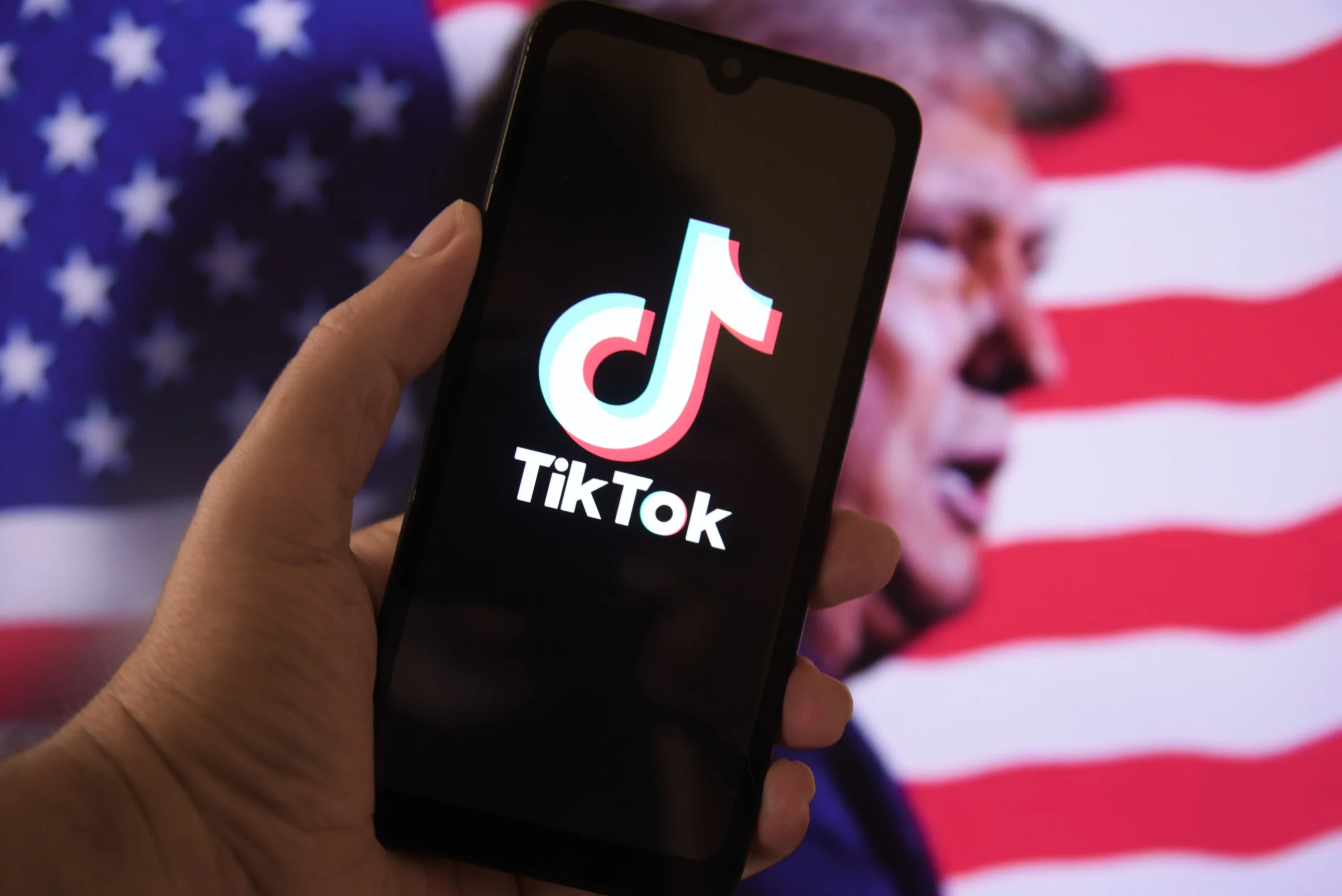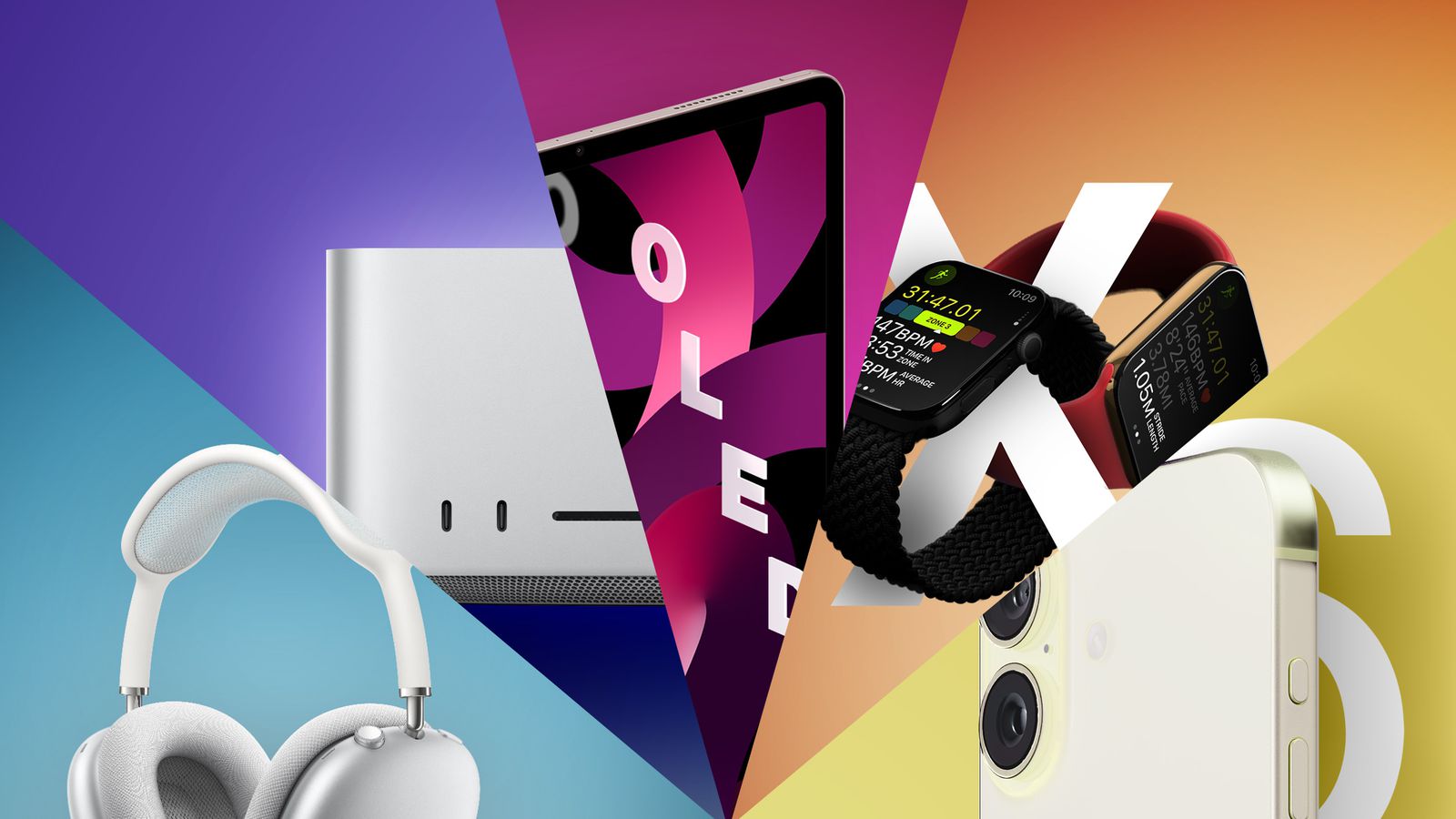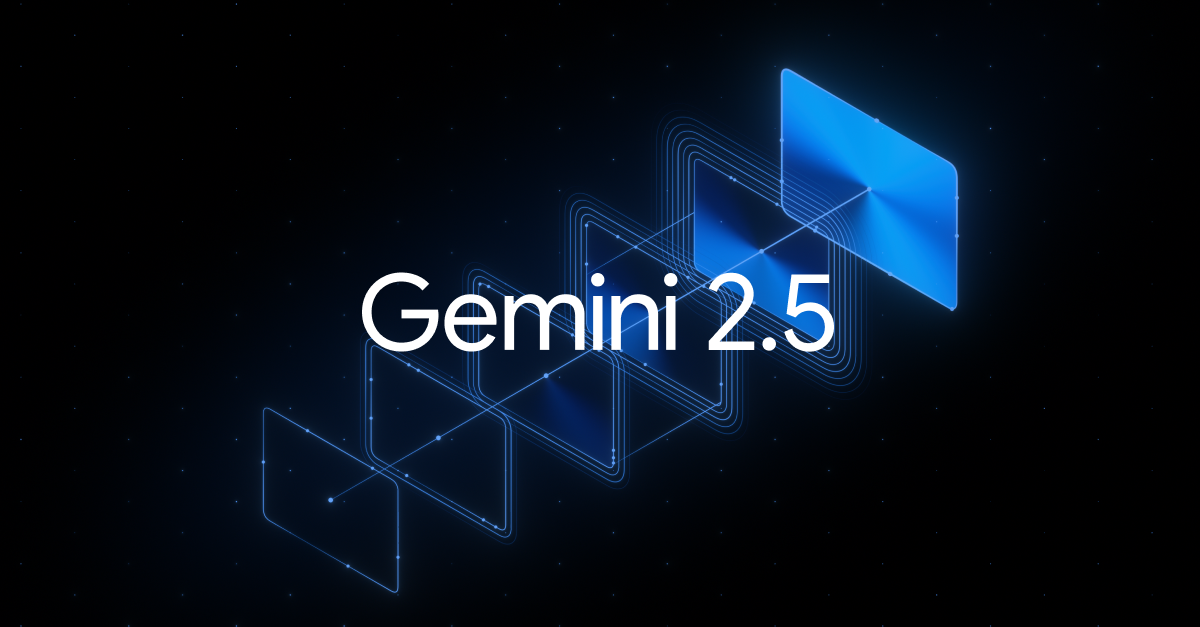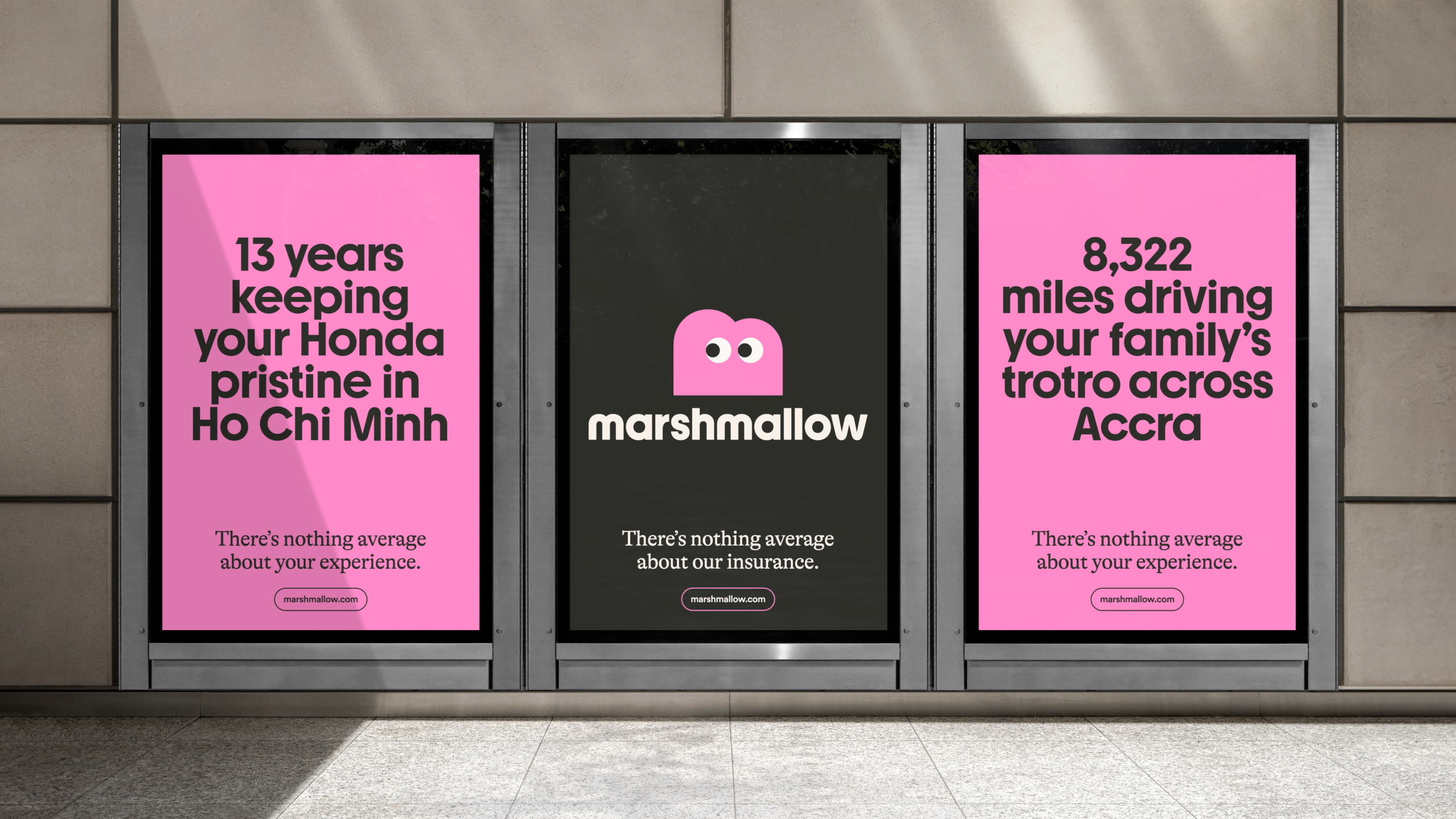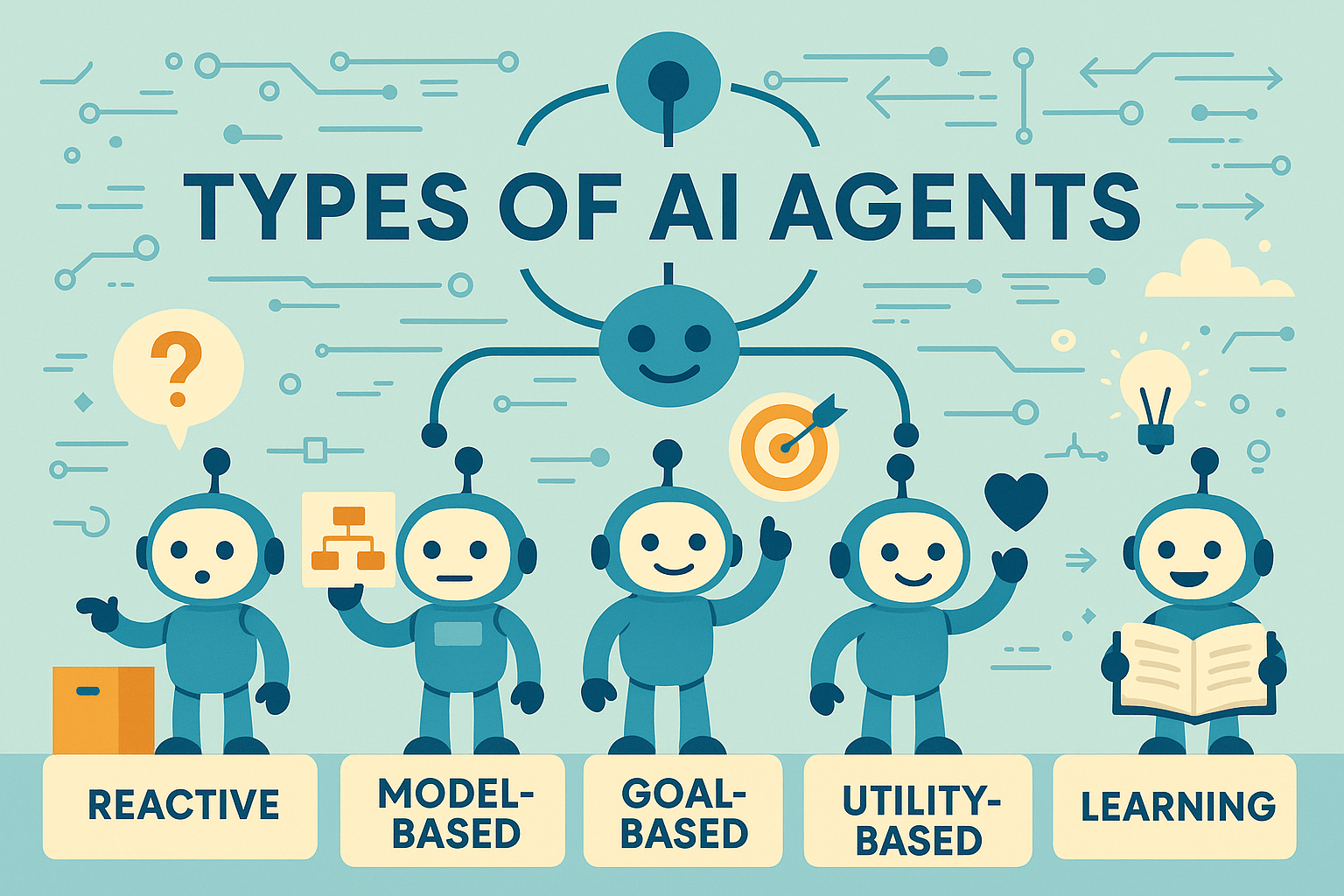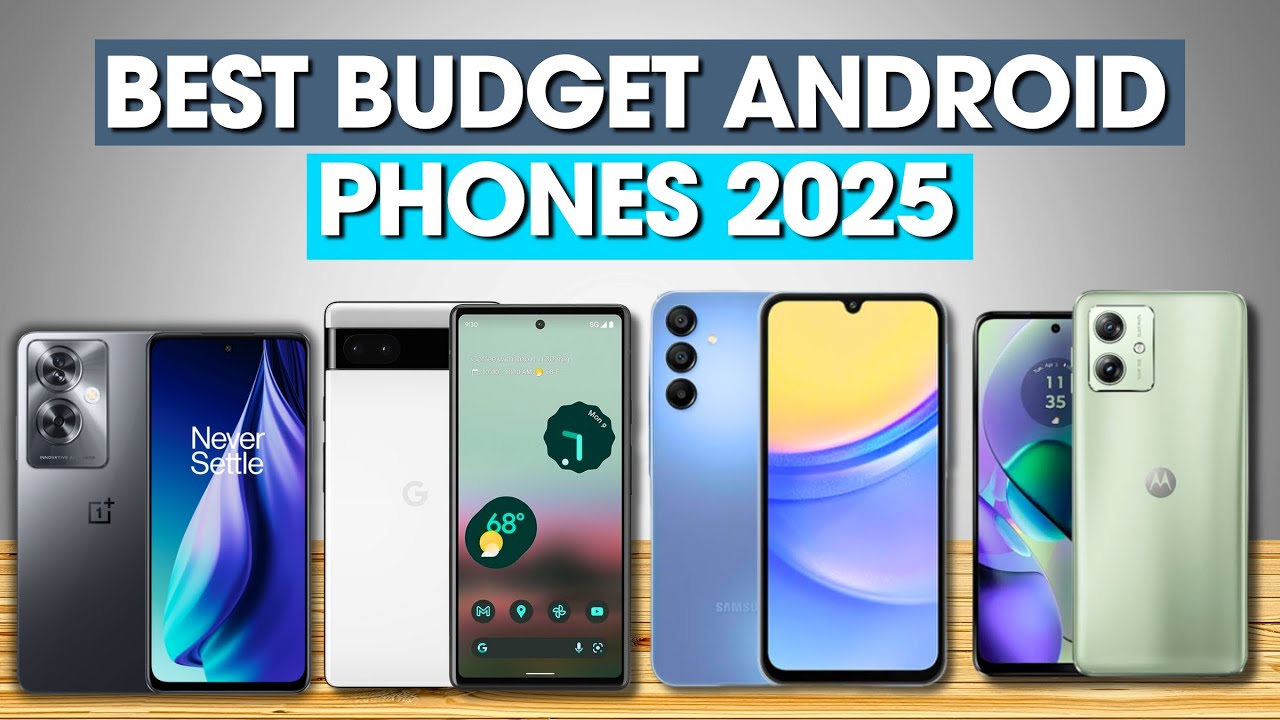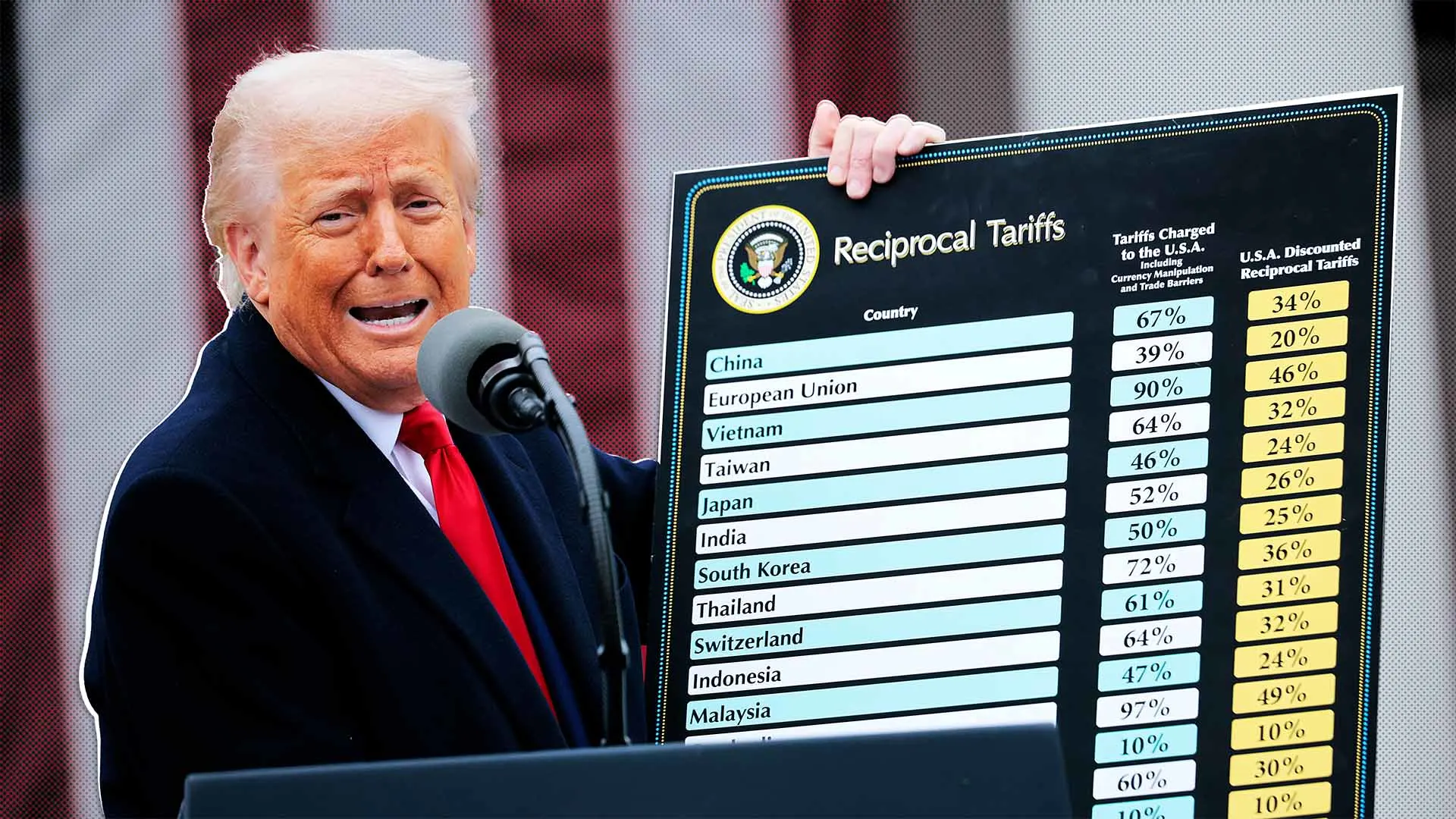Now Reading: How Trump’s Tariffs Disrupted the TikTok Deal and What It Means for US-China Tech Relations
-
01
How Trump’s Tariffs Disrupted the TikTok Deal and What It Means for US-China Tech Relations
How Trump’s Tariffs Disrupted the TikTok Deal and What It Means for US-China Tech Relations
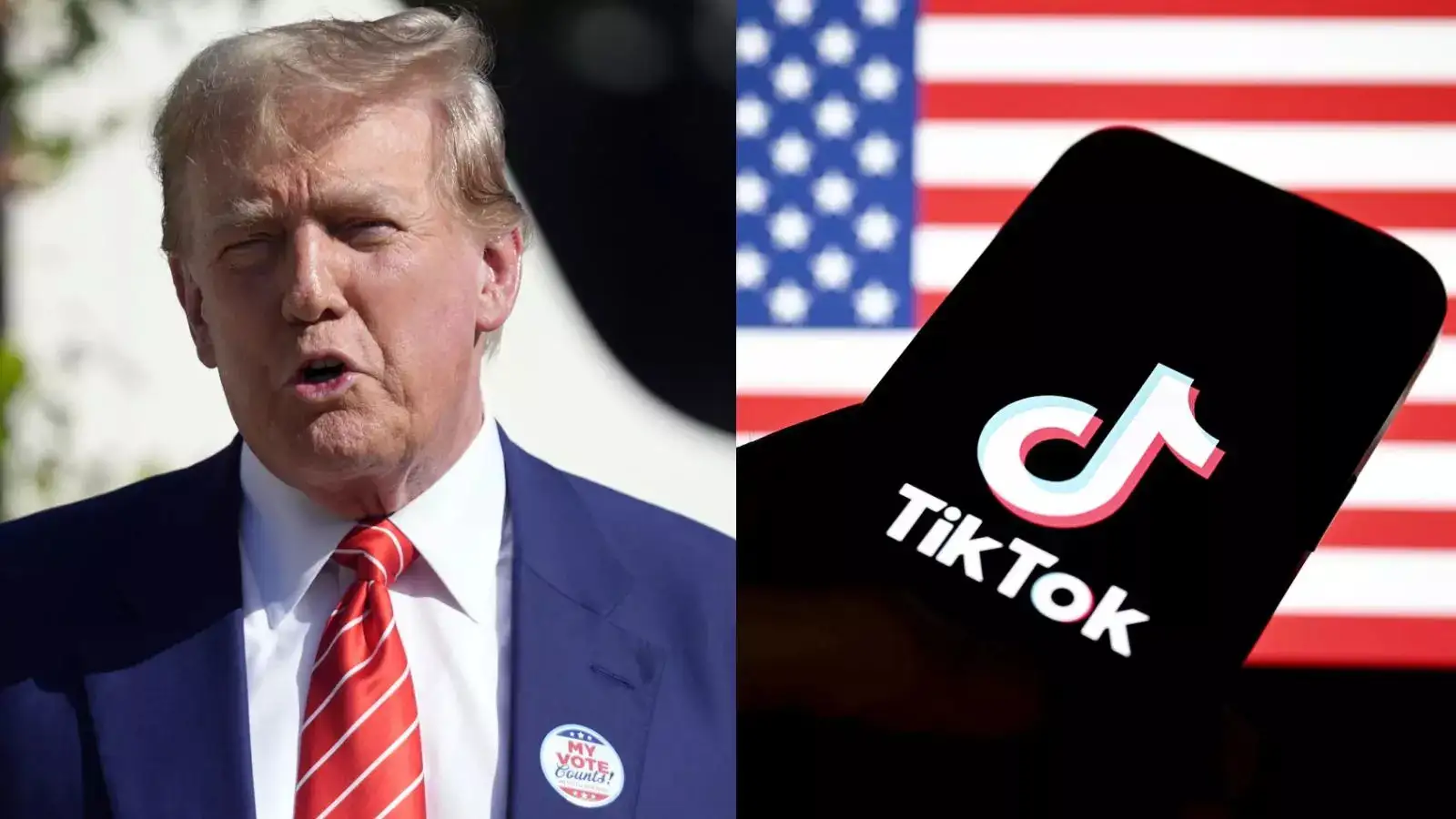
Table of Contents
TikTok was supposed to have a smooth landing in the U.S.—well, as smooth as things get in politics. But then came the tariffs, which disrupted the TikTok Deal.
If you’ve been following the saga of TikTok, ByteDance, and the U.S. government, you probably remember the deal that almost happened. A big-name American company (Oracle, with some backup) was poised to take over TikTok’s U.S. operations. That would have ensured the app remained active in the States, calmed privacy concerns, and possibly avoided a nationwide ban.
But then President Trump did what he often did during his time in office—he threw a curveball. This time, it was a tariff hike on Chinese goods. And just like that, the almost-done TikTok deal went from hot to cold.
Let me walk you through what happened, why it matters, and how the decision is still echoing through tech and trade today.
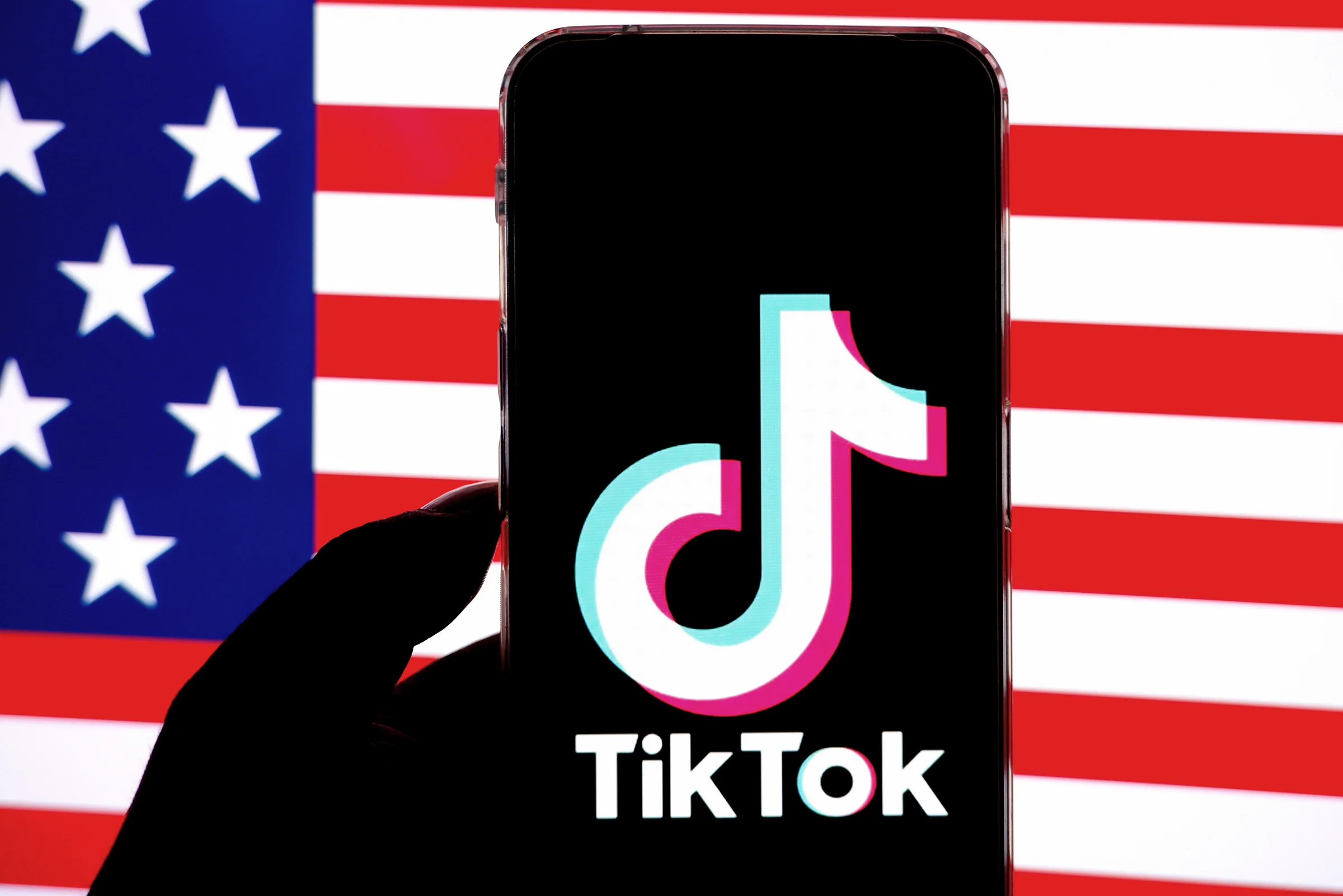
TikTok’s Meteoric Rise—and U.S. Anxiety
TikTok, owned by Chinese tech giant ByteDance, wasn’t just another app. It was a cultural movement—one that dominated Gen Z phones across the globe, especially in the U.S.
But with its popularity came scrutiny. U.S. lawmakers, regulators, and national security officials raised a pressing question: Could TikTok’s data fall into the hands of the Chinese government?
That concern wasn’t hypothetical. China has laws that can compel companies to share data with authorities. So when millions of American teens started sharing videos and personal info on the platform, red flags went up in Washington.
That concern wasn’t hypothetical. For a deeper dive into how the U.S. viewed foreign tech apps like TikTok, check out our article on TikTok’s uncertain future in the U.S..
The White House Ultimatum
In August 2020, then-President Trump signed an executive order. The message was blunt: ByteDance must divest TikTok’s U.S. operations or the app would be banned.
This wasn’t just talk. The order had a deadline—90 days to make a deal.
Suddenly, TikTok became the most sought-after acquisition target in America. Microsoft, Walmart, Oracle—everyone wanted in. The winning proposal? Oracle, supported by Walmart and a few key U.S. investors.
The plan was to create a U.S.-based TikTok Global. ByteDance would retain some ownership, but operations and data would stay within U.S. jurisdiction. Everyone—users, investors, and the government—could finally breathe a little easier.
Or so it seemed.
Then Came the Tariffs
Just when the deal was close to done, President Trump reignited his trade war with China by imposing new tariffs.
Now, this wasn’t just a coincidence. It was part of a broader pattern. Trump’s administration had been engaged in a high-stakes economic tug-of-war with China for years. Tariffs were his weapon of choice.
But timing is everything. And in this case, the tariff decision couldn’t have come at a worse moment.
China saw the move as an escalation. And with tensions running high, Beijing wasn’t eager to greenlight any deal that appeared to appease Washington—especially one involving the crown jewel of Chinese tech abroad: ByteDance.
Trump’s tariffs were his weapon of choice. For more context on how tariffs shaped U.S. trade policy, check out our article on Trump’s bizarre tariff formula.
Why the Oracle-TikTok Deal Fell Apart
Let’s be real: the deal wasn’t perfect.
Critics questioned whether ByteDance would still have too much control. Others worried that the U.S. government was forcing a sale without clear legal precedent.
But the tariff decision added a new problem: China’s Ministry of Commerce revised export rules, making it harder for ByteDance to transfer key technologies, like the recommendation algorithm behind TikTok.
In short: even if ByteDance wanted to finalize the TikTok deal, it might not have been legally allowed to.
So, the Trump administration extended the divestment deadline, buying TikTok and Oracle some time. But the damage was done. The TikTok deal stalled and eventually fizzled out.
A Missed Opportunity?
You could argue that the TikTok deal was the closest thing to a win-win in a saga filled with tension. TikTok could keep operating, U.S. users kept their content, and the government got some level of oversight.
But the tariff escalation changed the tone entirely. What might’ve been a cautious collaboration became a geopolitical standoff.
Instead of finding middle ground, both sides dug in deeper.
The Bigger Picture: Tech Meets Trade War
This wasn’t just about the TikTok deal. The collapse of the deal highlighted something bigger: technology and geopolitics are now inseparable.
Trump’s tariffs were aimed at correcting trade imbalances. But they ended up touching nearly every sector—from agriculture to consumer electronics—and yes, even social media.
The TikTok debacle was a case study in how political strategy can collide with innovation.
Where Are We Now?
TikTok is still operating in the U.S. (for now), but the threats haven’t gone away. Several states and agencies have banned it from government-issued devices. Lawmakers continue to push for tighter restrictions or an outright ban.
As for the Oracle deal? It’s history. ByteDance still owns TikTok, and no clear path has emerged to resolve the lingering security concerns.
The Biden administration has taken a quieter, more regulatory-focused approach, but the fundamental problem remains: can a Chinese-owned app operate safely and freely in the U.S.?
What Comes Next?
Expect more of the same—scrutiny, hearings, executive orders, and court battles.
But the real story is about where the tech industry is headed. The global internet is fragmenting. Countries are drawing digital borders. And what happened with TikTok might soon happen with other apps and platforms.
Whether it’s TikTok, WeChat, or some future app, the question will be the same: How do you balance innovation, security, and sovereignty?
Final Thoughts
If you’re a TikTok user, you might not feel the geopolitical weight every time you scroll. But behind the memes and dance videos is a high-stakes game of international chess.
And in this game, one round of tariffs can change everything. The TikTok deal was more than just a corporate acquisition—it was a symbol of the broader clash between U.S. and China. The outcome of the TikTok deal will likely influence how future tech deals are shaped in a world where digital borders and national security are at the forefront of international policy.
The TikTok deal shows just how intertwined technology, business, and geopolitics have become—and how one decision can impact millions of users around the world.

